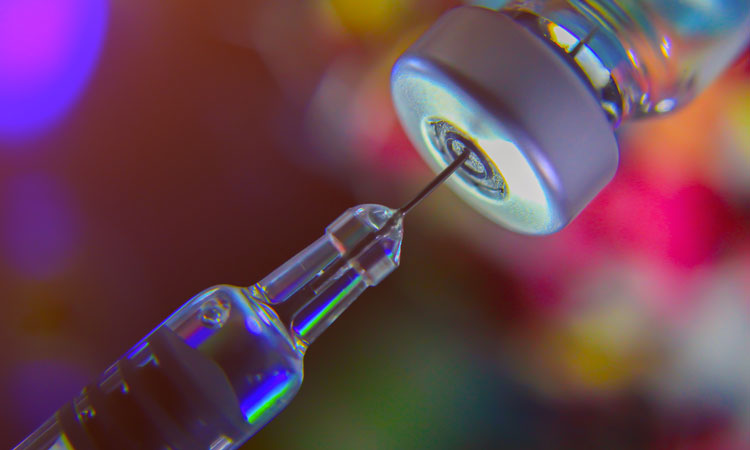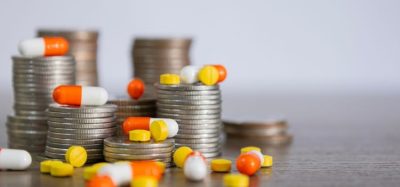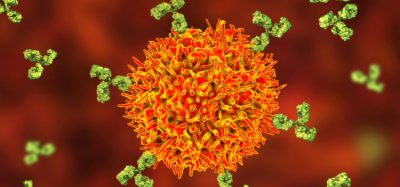The importance of disaccharide excipients in biologics
Posted: 17 February 2021 | Bastiaan Dickhoff (DFE Pharma), Sunil Kumar Nataraj (DFE Pharma), Thontesh GC (Apotex Pharmaceuticals) | No comments yet
Many biologic formulations use a variety of high-purity injectable grade disaccharide excipients to ensure functionality and stability of the final product. In this article, Sunil Kumar Nataraj, Bastiaan Dickhoff and Thontesh GC explore the use of these sugars in the stabilisation of biologics and provide recommendations to manufacturers for enhancing supply chain security.


Abstract
According to the US Food and Drug Administration (FDA), biologics include allergenics, blood and blood products, cellular and gene therapy products, tissue and tissue products, vaccines and products for xenotransplantation.1 Biologics also include monoclonal antibodies (mAbs) from the list of original Biologic License Application (BLA) applicants and biosimilars. Excipients play a vital role in the functionality of biologics. In addition, excipients help to prevent the biologic drug from loss of activity and to maintain stability. For these purposes, biologic formulations use a variety of high-purity injectable grade disaccharide excipients, including sucrose and trehalose, among others. The main manufacturing method for biologics is lyophilisation, but other techniques are also applied.
Issue
Related topics
Biologics, Bioprocessing, Drug Supply Chain, Excipients, Freeze Drying, Lyophilisation, Manufacturing, Supply Chain









